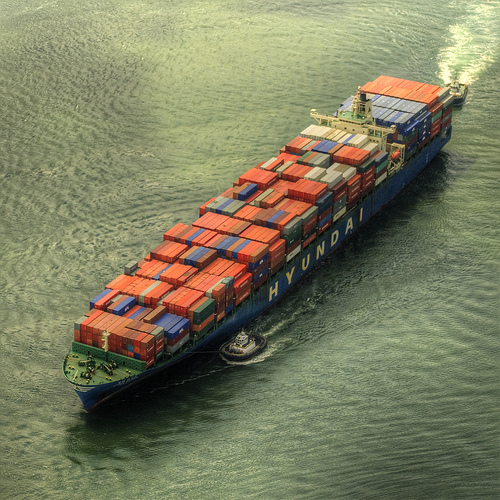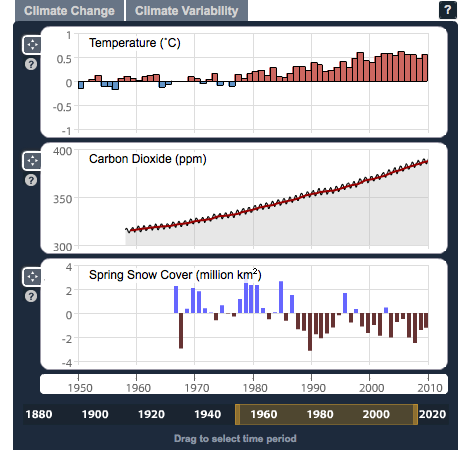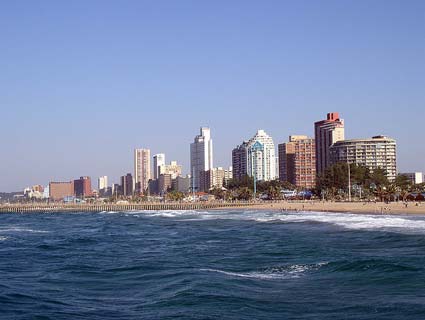 Kiribati lidian/Shutterstock
Kiribati lidian/Shutterstock
In climate negotiations in Durban, South Africa, the most urgent calls for action have come from the world’s small island nations. For many of those nations, the negotiations aren’t about some far-off, abstract problem. It’s something they’re already living with, as a new Australian research project on the dramatic climate shifts underway for 15 Pacific nations reaffirmed this week.
Basically, the report finds that the closer one lives to the equator, the warmer it’s going to get. And even in the best-case scenario, oceans will rise up to 12 inches by 2100. It confirms what Pacific islanders have long feared: Home is getting windier, saltier, wetter, hotter and, well, submerged in water.
No wonder the Pacific islanders have banded together in the climate talks. Many negotiate together as the Alliance of Small Island States, or AOSIS. Representatives of those nations have demanded immediate action in Durban, rather than further delay, as some parties have suggested. The group also issued a joint statement with the European Union and the least-developed countries calling for a legally binding agreement. “We have all that it takes to begin the work right now,” said Karl Hood, the chairman of AOSIS and minister for foreign affairs in Granada. “We believe that waiting is a disaster.”
“Where we live, some say it’s a paradise,” Hood continued. “It’s a paradise when you come to visit. But we live there. We don’t leave after a week and go back home. This is our lives.”
Taito Nakalevu, a climate change adaptation officer with the Pacific Regional Environment Programme, has also been in Durban for the meeting and discussed this latest report. “The soil, the water, is slowly being affected,” he said. “This is our livelihood.” He noted a single flood in his homeland of Fiji in 2009 that did $162 million in damage in just one town, a burden for the country. “The funds that need to be used for development are being used for adaptation,” he said. “We cannot cope with that.”
The Climate Desk’s James West also spoke with one member of the Australian research team via Skype in Sydney—’scuse the poor connection, it’s a long way!—to take the temperature on the report.

















